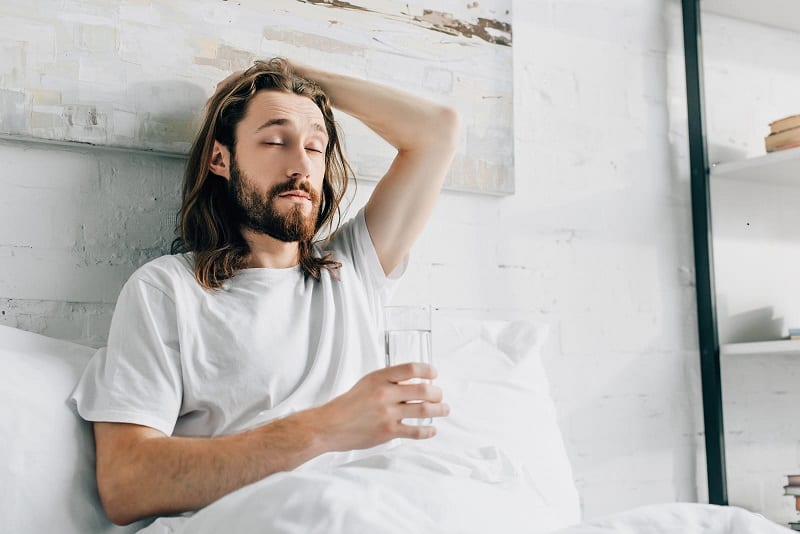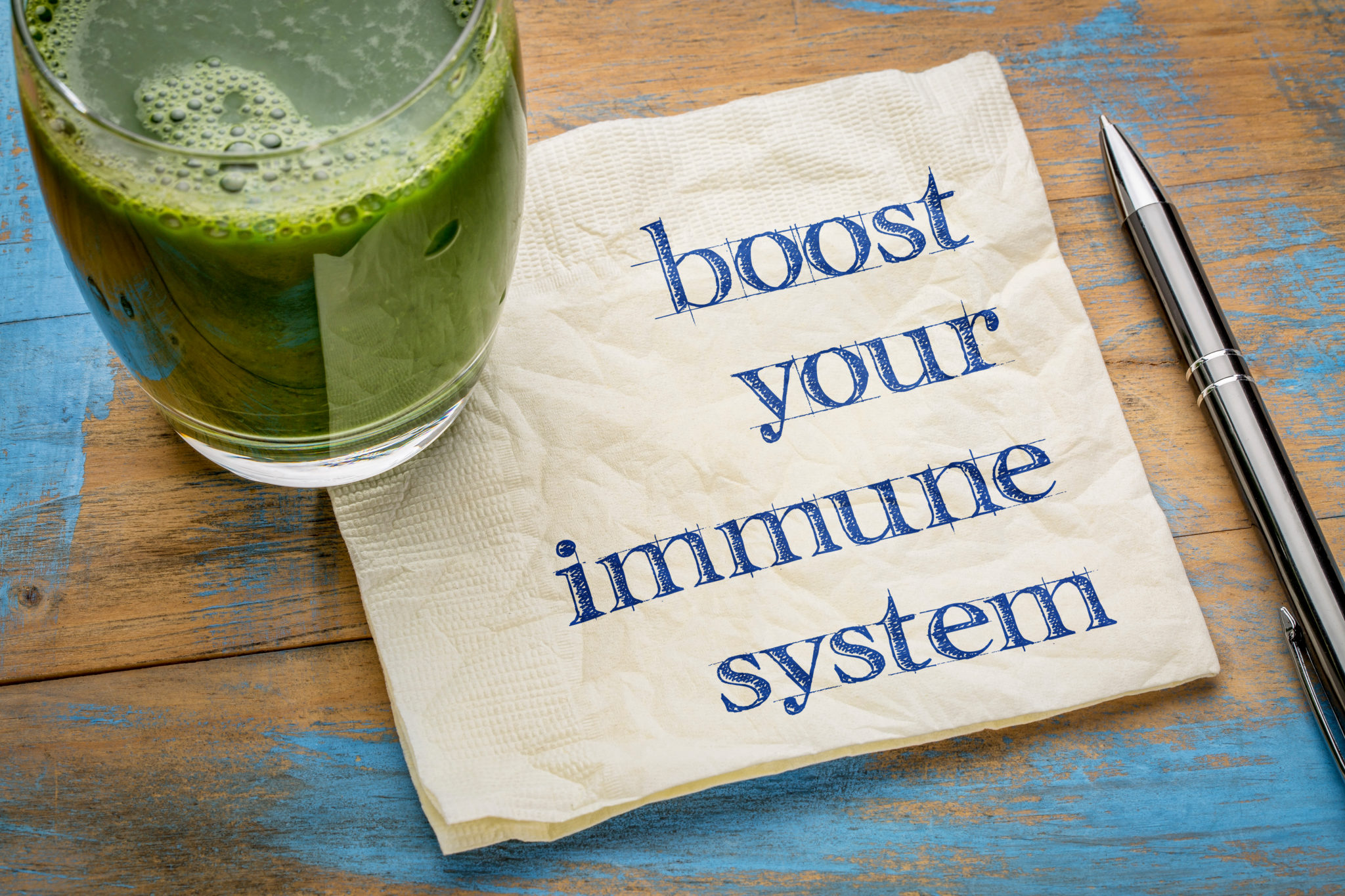Alcohol reduces ‘sleep latency’ which is the amount of time it takes to get to sleep.
However, whilst it is a great ‘sedative’, drinking alcohol close to our bedtime then interferes with the body’s natural sleep patterns once we have nodded off.
So how does alcohol affect sleep, and why is it that if you ‘booze you lose’ ?
A Sedative Which Then Disrupts Sleep
During the day we produce a chemical in the brain called adenosine which once it has built to a threshold level creates our ‘need for sleep’. Drinking alcohol gives us an extra burst of this adenosine. If drunk close to bed time it can take us over the sleep threshold and we ‘crash out’
However, there is a rebound, kickback to this process later in the night which can lead to disrupted sleep throughout the night. These disruptions more often than not go undetected, and are only noticed with the resulting sluggishness the morning after.
Reduced Healing from Deep Sleep
The first part of sleep which is affected is our Deep Sleep. Drinking alcohol close to bedtime increases the amount of Deep Sleep during the first part of the night. Theoretically this increase in deep sleep is positive, as deep sleep is associated with the body’s healing processes.
However, studies have shown that alcohol induced sleep sees an overall decrease in growth hormone ( the main hormone of repair) despite the fact that there has been an increase in Deep Sleep.
The more you drink the greater the reduction in growth hormone secretion.
Alcohol also reduces REM Sleep
When the body breaks down alcohol, to eliminate it, it produces a number of chemicals which affect the body in different ways. One such chemical group is called Aldehydes, which can disrupt our sleep if produced in high enough levels.
It takes a while for the body to break down alcohol. So typically if we drink close to bedtime, our Aldehyde build up will peak in the second half of the night. This is just when we are getting most of our Rapid Eye Movement (REM) sleep.
REM sleep is when we dream, and when we form memories and sustains a lot of our mental processes, including our creativity.
For moderate and heavy drinkers, the impact of disruption in REM sleep is felt the next day with poor concentration, poor memory and sometimes daytime sleepiness.
The more you drink before bed, the more pronounced these effects.
What’s more it’s now known that our brain consolidates our memory over a number of consecutive nights. It’s been proven that drinking even three nights after learning something new affects our ability to retain new information.
Those who have less than two drinks close to bedtime are spared this reduction in ability to consolidate memory and learn.
Alcohol Disrupts Our Sleep
Alcohol relaxes us by suppressing the Sympathetic (fight or flight) Nervous System. This is another process in alcohol’s ability to help us get to sleep. However, later in the night, our level of alcohol in the blood stream then drops. This reactivates our sympathetic nervous system, and often wakes us up.
Our Sympathetic Nervous System is also responsible for the night sweats and headaches that people can suffer with over-drinking.
Another disruption we get from drinking too much late at night is the trips to the bathroom. This is not only due to volume of fluid. As a diuretic, alcohol increases urine production in its own right. Thus on both counts (volume and chemistry) you are likely to need to go to the bathroom more often in the night if you drink late at night.
For Those With Sleep Disorders
As alcohol suppresses breathing it can exacerbate sleep apnoea, a condition which occurs through the night in suffers, with pausing in breathing. Furthermore, alcohol can also reduce the brain’s ability to wake and detect a lack of oxygen in the body. This can lead to longer and more frequent breathing pauses. It is recommended that people with sleep apnea either avoid drinking alcohol altogether or at least cut back on their drinking.
Alcohols effects on increasing snoring are also well documented. Alcohol consumption allows all the muscles of the body to relax, including your throat muscles which then leads to the vibration of snoring.
Recommendations For Drinking Alcohol Close To Sleep
For those who who drink too much before bedtime the message is that ‘if you booze you lose’
To minimise the disruption to your sleep quality it’s best to stop drinking alcohol at least three hours before your sleep time.
In addition try to reduce the amount you drink. Moderation is therefore the key to a good night’s sleep for all.







